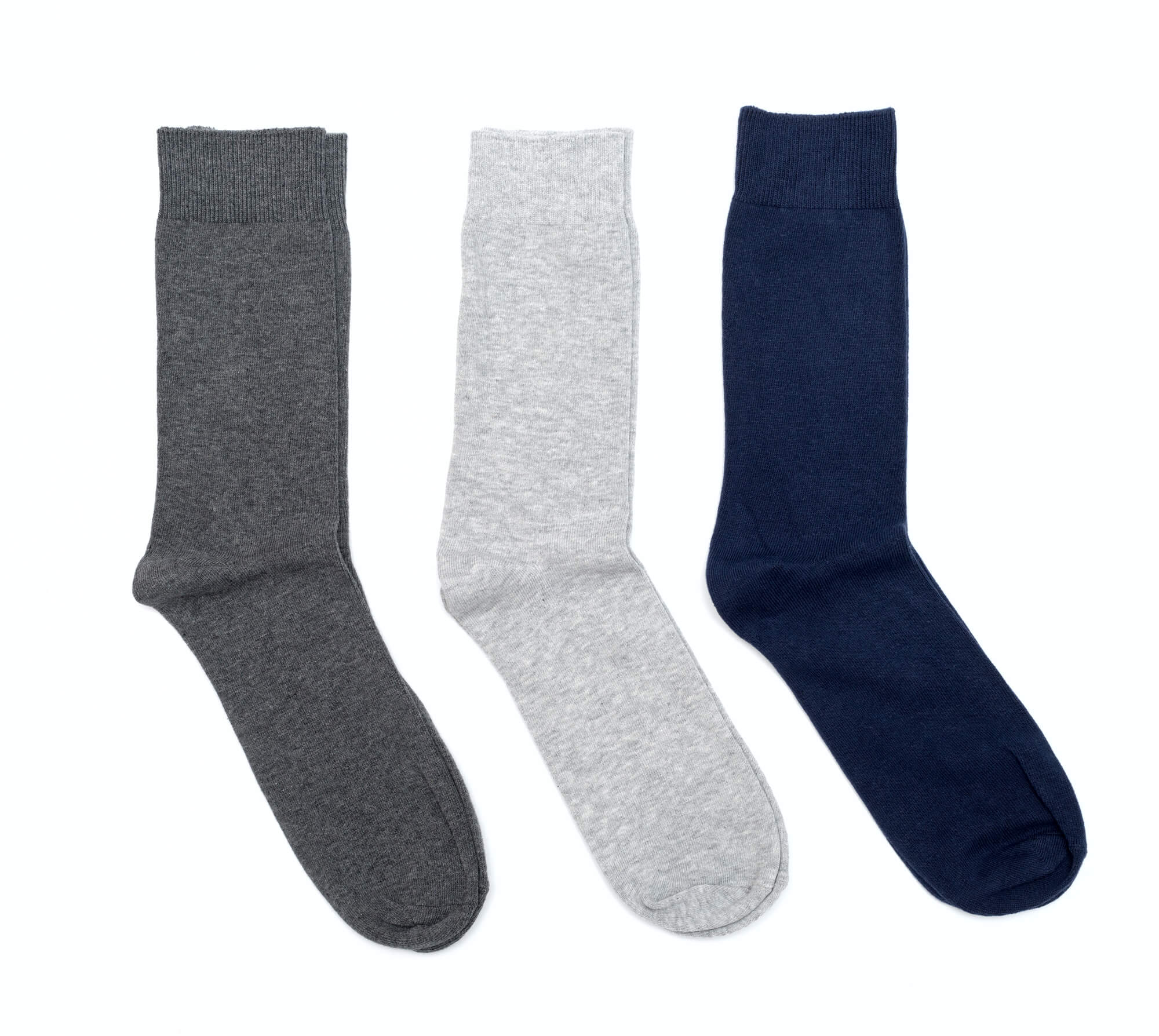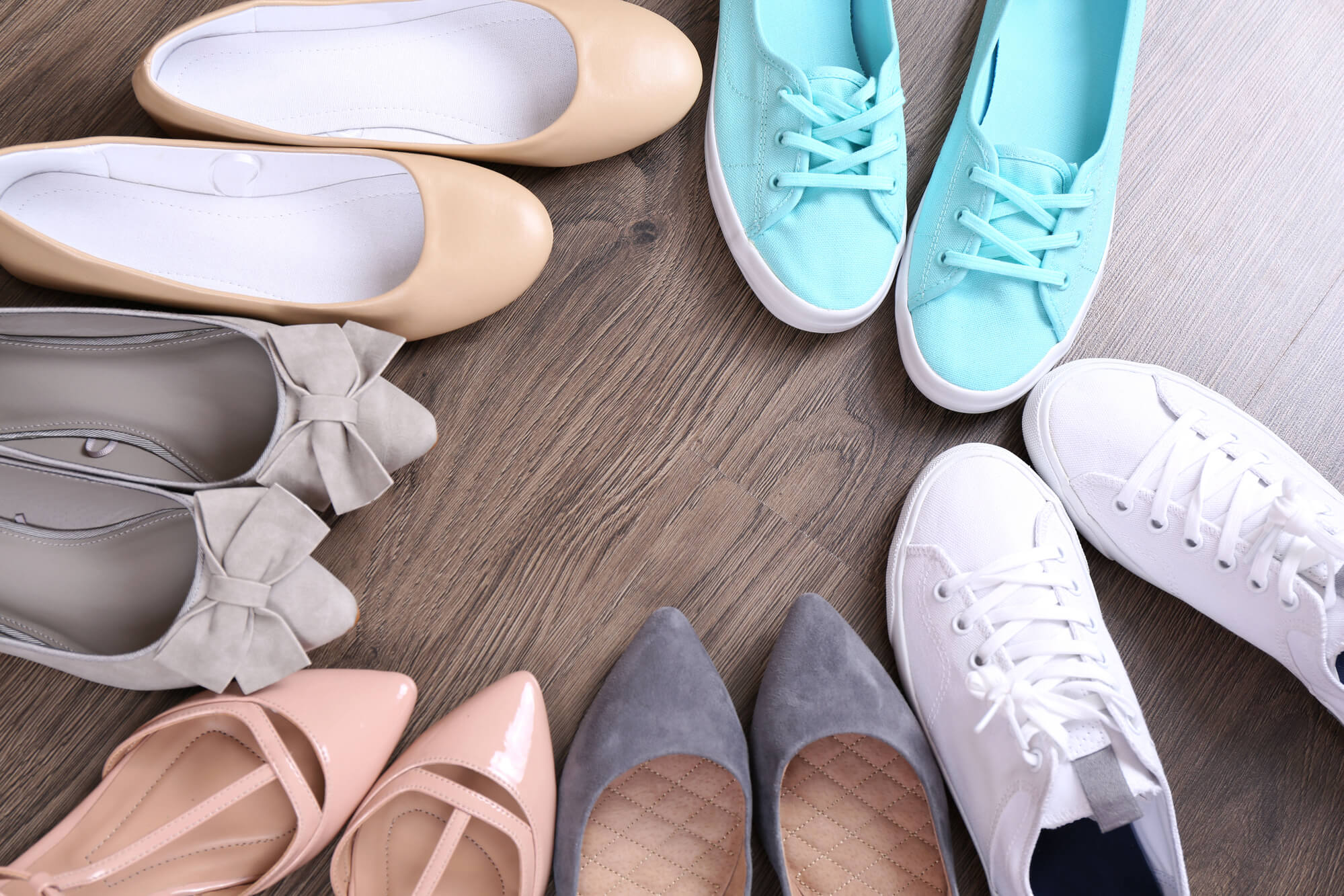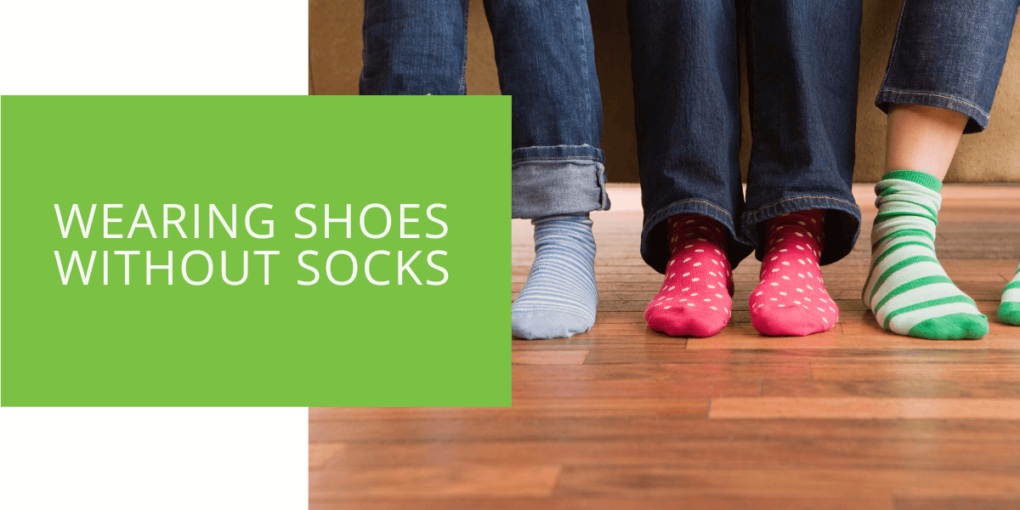Wearing Shoes Without Socks: Is It Safe For Your Feet?
Shoe fashion has come a long way over the years, and one of the recent trends is wearing shoes without socks. It has become a stylish choice for many, but what are the effects on foot health? While it may seem like a fashion statement, it can negatively affect foot health. In this article, we will discuss the risks of wearing shoes without socks and provide tips on how to do it safely for the feet.
The Dangers of Going Sockless
Blisters and Irritation
When you wear shoes without socks, your skin rubs directly against the shoe's material. This can cause blisters and irritation, especially if the shoes are not broken, or the material is rough. It is a common problem with sneakers or loafers, which have stiffer and more unyielding material around the toe box or heel. In extreme cases, going sockless can even cause open wounds on the feet, leading to infection.
Fungal Infections
Wearing shoes without socks creates a warm and moist environment inside your shoes, promoting the growth of fungi such as athlete's foot. The warm and damp environment in the shoes provides a perfect breeding ground for fungus, especially when coupled with a lack of ventilation. Fungal infections are common among people who wear shoes without socks, leading to itching, scaling, and redness.
Foot Odor
Without socks to absorb sweat, your shoes can develop an unpleasant odor. This is because sweat and bacteria build up inside the shoe, creating a foul smell. Taking your shoes off in a social setting can be particularly embarrassing. The bad odor can also indicate other foot problems, such as fungus, so it's best to address it early.

How to Wear Shoes Without Socks Safely
Choose the Right Shoes
When going sockless, choosing shoes that fit well and are made from breathable materials such as leather or canvas is important. Breathable shoes allow air to flow through the shoe and prevent moisture build-up. Breathable materials help keep the feet dry and cool, making them less susceptible to sweat and odor.
Use Antiperspirant or Foot Powder
To reduce sweat and odor, use antiperspirant or foot powder on your feet before putting on your shoes. This will help keep your feet dry and reduce the risk of fungal infections. Antiperspirant blocks the sweat ducts, thereby reducing the amount of sweat produced, while foot powder helps absorb sweat and moisture, keeping your feet dry and smelling fresh.
Take Breaks
If you are going to wear shoes without socks for an extended period, take breaks to allow your feet to air out. This will help prevent sweat and bacteria buildup inside the shoes. Try removing your shoes and socks at lunchtime or during breaks if possible. This will allow your feet to breathe and reduce the risk of sweat and odor buildup.
Footwear and Exercise
When exercising, wearing the right footwear is important to prevent injuries. Going sockless is not recommended when exercising, especially for high-impact activities like running. The feet produce more sweat during exercise, and wearing shoes without socks can cause blisters and irritation. Always wear proper athletic shoes and socks when exercising.

Foot Care and Hygiene
Proper foot care and hygiene are essential to prevent foot problems like infections and odor. It's essential to wash your feet daily and keep them dry, especially between the toes. If you develop a fungal infection, seeking treatment early to prevent it from spreading to the toenails is best.
Conclusion
Wearing shoes without socks can negatively affect foot health. While it may seem stylish and trendy, it can lead to issues such as blisters, irritation, fungal infections, foot odor, and more. However, it's important to note that going sockless is not always avoidable, especially during hot weather or certain activities.
Therefore, taking proper precautions when going sockless is essential to maintain good foot health. Choose breathable shoes made from leather or canvas, use antiperspirant or foot powder to reduce sweat and odor, and take breaks to allow your feet to air out. Additionally, practicing good foot hygiene and seeking medical attention when necessary is vital to prevent foot problems.
If you're experiencing any foot problems, don't hesitate to consult a podiatrist. They can offer expert advice and treatment for foot issues and help you choose the best footwear and socks for your feet. Ultimately, taking care of your feet is crucial for your overall health and well-being, so prioritize foot care and avoid the negative consequences of wearing shoes without socks.

